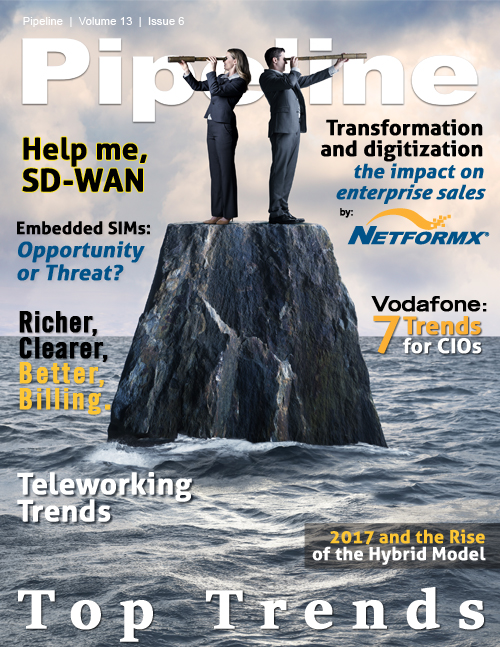Mobile users want richer, clearer, better billing that matches their personalised experiences
Operators should bear in mind that the vast bulk of their customer bases will be transitioning away from traditional bills in the coming years.
A large proportion of calls to an operator’s customer care centre come are billing-related queries. Eliminating these creates clear cost savings in the call centre and frees up agents to focus on
serving their customers rather than fire-fighting billing issues. This is critical when, in many markets, customers move from their provider every time their contract ends. Operators need to focus
their efforts on retention because the cost of retaining an existing customer is orders of magnitude lower than the cost of attracting a new customer.That retention effort is often hampered by
unclear, hard to understand billing that is intrusive and irritating to customers. For some, a reason to leave could be simply that they don’t like the style their operator uses to communicate with
them. Starting a billing communication with “Hey Alan” might be fine for me, but too informal for my parents’ generation. Equally, addressing a teen user as “Dear Mr. Coleman” runs counter to the
operator’s investment in presenting their brand as cool and exciting to digital natives.Many aspects of better billing communications are apparently simple things to address, but operators continue not to do so and some irritating issues, coupled with serious concerns about lack of clarity, add up to disenchantment with an operator. At contract renewal time that often spells the end of the relationship; so it’s vital that, given mobile markets worldwide are saturated and there are no longer new mobile customers to exploit, operators use all the tools at their disposal to fight to retain their customers.
This starts with knowing your customer and operators have huge advantages here because they can see what their customers do on their phones, what they spend and where they’re located. If operators don’t start to use this contextual information to create individualised billing communications, they will lose huge differentiation capability and ultimately could become competitively disadvantaged.
The golden moment
This approach of better billing shouldn’t just be for established customers. Operators should start better billing communications from the customer’s first bill. This provides them with a critical chance to set the tone for a long-term relationship, establishing in the customer’s mind that their operator is clearly more in tune with their needs than their previous operator. That first bill is also a key cause of call centre interactions, so getting it right will save call centre costs, too.It seems strange to me that, having made all the effort and investment required to attract a customer, operators then provide them with a boring, unappealing bill that probably comes with an offer for something they don’t want and that is usually sent to all customers regardless of what they might find attractive. Getting this first communication right, sets the tone for the relationship and, come contract renewal time, it makes it easier for the customer to stay rather than change operator.



















